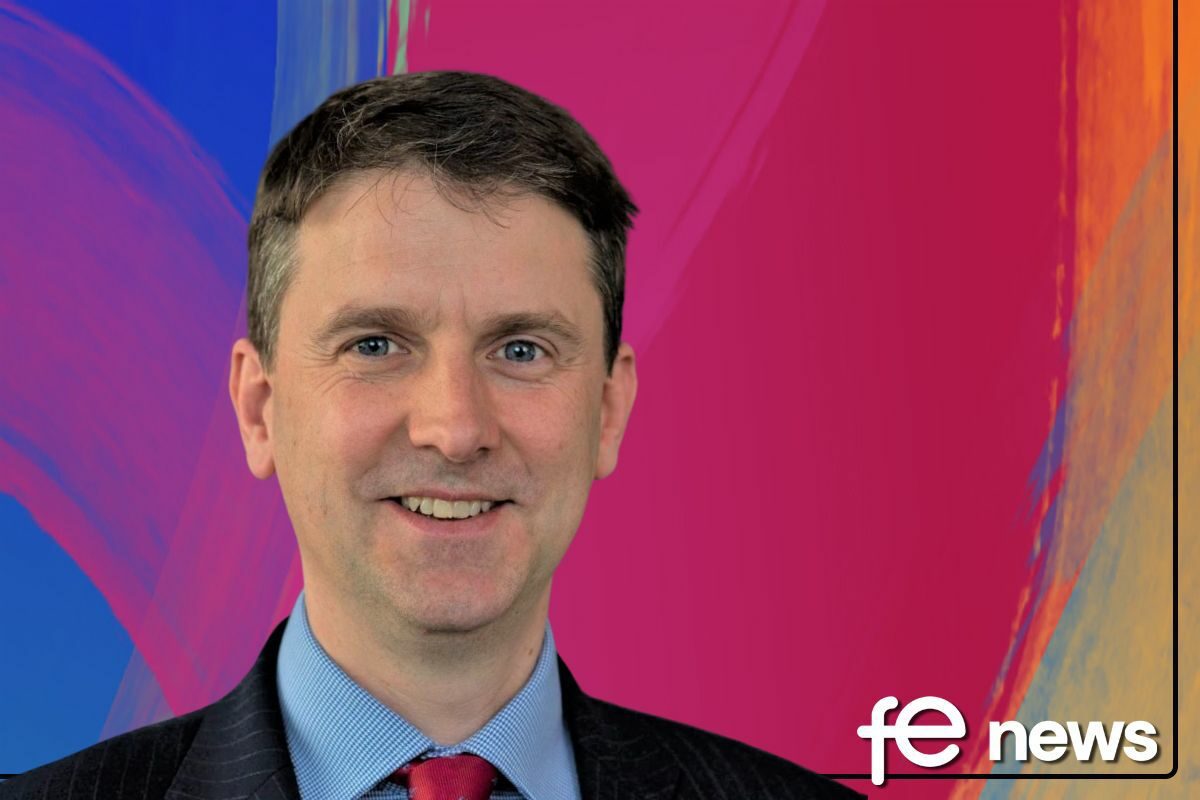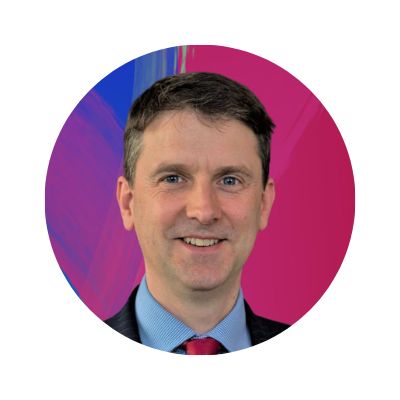In a new age of austerity, what hope for FE?

It is a truth universally acknowledged that a Government in possession of an austerity agenda is likely to return to the same old victims. As Trussonomics fizzles away as quickly as it arrived, we seem to be back to the old tax-and-grind, where Government keeps the markets happy by bearing down on public expenditure in the name of deficit control.
Budget cuts
Every big spending department is likely to have to make cuts, and the DfE is one of the biggest. But within a departmental budget, cuts never fall evenly. By far the biggest share of the DfE’s expenditure goes on schools. If this budget is already under huge pressure, politically and financially – for example, because a commitment has been made to increasing school-teachers’ pay which then has to play through – then this means the cuts will fall harder on the remainder. By simple arithmetic, imagine you had to cut your budget by 5% but couldn’t touch 80% of your spend; the rest would be cut by 25%.
I’m not suggesting for a second that FE is staring down the barrel of a new 25% cut, but once you take into account these basic facts about how public spending works, it takes a frankly delusional amount of optimism to imagine that there is anything coming down the road for us except for further austerity. And all this on top of a decade of underfunding and roaring inflation.
Growing the skills base of the economy
Dark times indeed for the part of our education system that makes the most difference to the poorest in our society. And that’s exactly what FE is, because when the question is “how can people cope when their wages no longer cover their bills?” one great answer is “upskill themselves and put those skills to work”.
So amidst all the famous “tough choices” Governments will have to make over the next 5 years, one choice is remarkable easy. Invest in Further Education – you not only grow the skills base of the economy creating more real wealth, you also target it where it is needed most, through a ready-made national network of brilliant colleges and training providers that disproportionately help the most disadvantaged communities.
Will lobbying Government ever deliver results?
But if you’re reading FE News you don’t need to be persuaded of all this; you already know how brilliant and how important our FE system is. But how can we get what we all want? Will lobbying Government ever deliver results? The sector’s membership bodies – AoC, AELP and Holex – are arguably more effective and skillful than they have ever been, with really influential and committed leaders, and couldn’t really do a better job at advocating for our sector than they do. And yet, here we are.
So my view is that something has to change. Battering away at Government to try to get it to see sense and stump up doesn’t seem to have much result, though the fight must go on. But at the same time we must also try something different. One possible answer is to shift the focus away from trying to get “them” to treat “us” fairly, and instead ask a different question – “how can we build a system together where the quality is more immune to cuts, and it is more in charge of its own destiny?”. This question has been of interest to me for a few years now.
What would be the features of a sustainable, self-improving FE system?
As the CEO of the ETF I moved the approach to improvement away from a simplistic deficit model “how do we improve the FE system?” and on to “how do we help the FE system improve itself?” But I now want to ask an even better question – “what would be the features of a sustainable, self-improving FE system?”
This is the project I am engaged in now, co-sponsored by the ETF and Oxford, and this is why on November 2nd and 3rd a group of 20 of the most influential leaders and thinkers from across the FE landscape and beyond will meet at Egrove Park, part of Oxford University’s Said Business School. They are coming to put their collective wisdom to work on the challenge of how we could move towards a self-improving system in Further Education.
The group comprises Principals and CEOs from the sector, leading academics, senior DfE leaders (participating in a private capacity) and a range of other influential thinkers and leaders from relevant education and skills organisations.
I will present the findings from nearly 50 interviews I have conducted with people in a wide range of roles in and near to the English FE system, to bring in a rich and diverse set of insights on the question “what might be the features of a self-improving FE system?”
The work was commissioned by the Board of the ETF in May this year, and will feed into the ETF’s own strategic thinking about how to catalyze long-term sustainable improvement in our system. It is supported by Said Business School not only in terms of hosting and accommodation, but has also benefitted greatly from expert inputs from a range of Faculty at the Business School, including input at the November symposium from Dr Louise Watts – well known to alumni of the ETF/Oxford leadership programmes – and Dr Harvey Maylor, who is a leading figure in the School’s renowned Major Projects Leadership Academy.
I have worked in FE policy and practice for around 20 years now. It is my observation and belief that Government and the sector are stuck in quite a negative dynamic where each perpetually disappoints the other, despite the great amount of talent, dedication and commitment both in the DfE and in the sector itself.
The premise of the project is that external forces – like the DfE or indeed the ETF – need to stop trying to “improve” FE and that instead they should support the system itself to become self-improving. This would mean a shift to a new positive and sustainable paradigm, and would require a great deal of collective agreement and commitment from influential players across many different parts of the system.
I am very excited that such a high calibre group of key individuals have agreed to come together under the convening power of Said Business School to apply their collective wisdom and insights to this task. The work is not easy, but the prize is huge – nothing less than the chance to redesign the FE system to be more self-sustaining and resilient to the changes that perpetually buffet it, and always will given the vital role FE plays in our public policy landscape.
A great many themes and insights have emerged from my 47 interviews to date. There is no single shared view of what a Self-Improving System would mean or how to get there. But seven themes have slowly emerged as being the ones interviewees have returned to again and again. These themes are :
- Trust within the system
- How success is measured and how this aligns with the purpose of the system
- Human relations within the system
- The interplay between external and internal inspection and improvement work
- The importance of reflective practitioners and learning organisations
- Collectivism (especially with respect to shared challenges such as staff recruitment)
- Comfort and vulnerability in a self-improving system
Our task at the Symposium will be to delve into these issues, challenge and expand upon them, but also start envisioning how the current system might be re-engineered to take large steps towards being self-improving.
For more information on this ETF-funded project, you can read my blogs here https://www.et-foundation.co.uk/blog/category/self-improving-system/
David Russell is Executive in Residence at Saïd Business School, University of Oxford, leading a collaborative project on creating a self-improving FE system. The views in this article are his own and not necessarily those of Saïd Business School, University of Oxford.












Responses